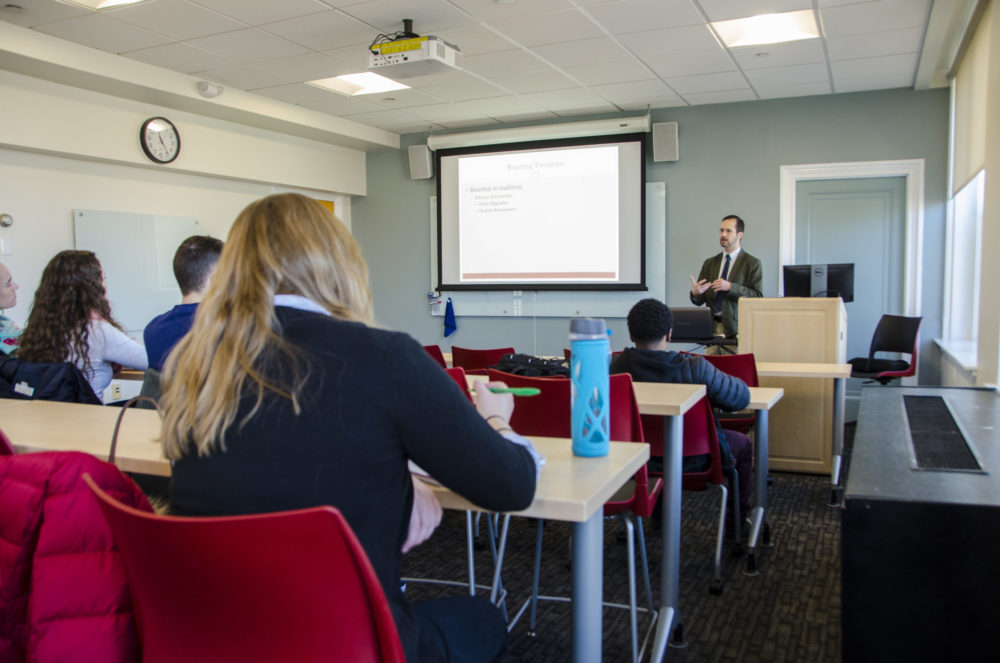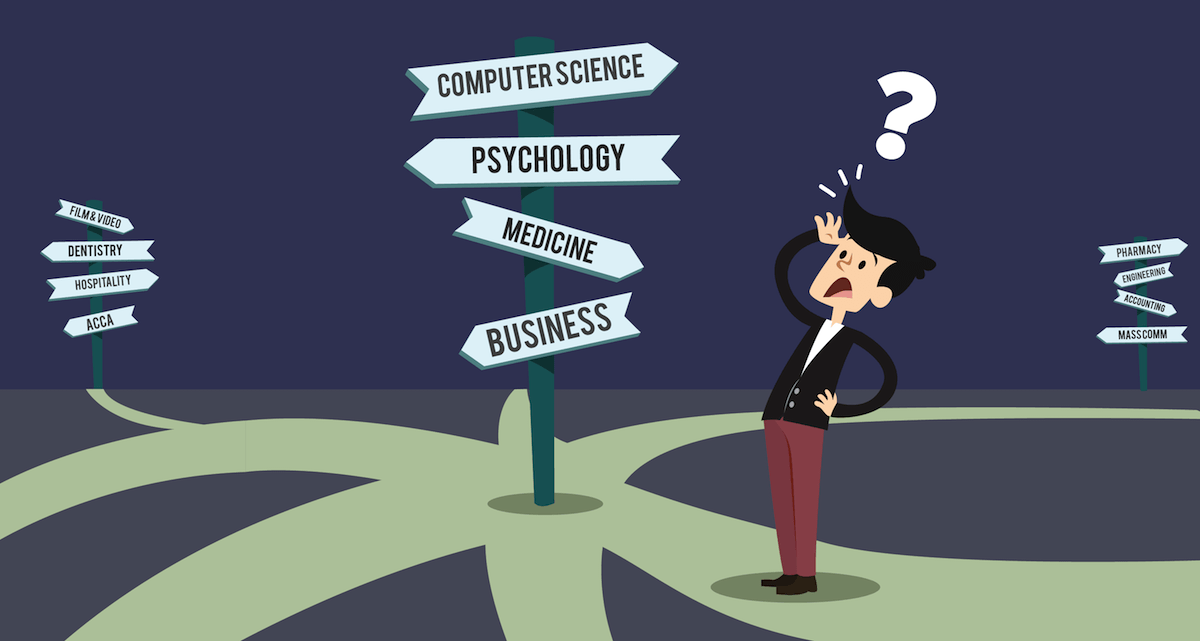The landscape of degree programs is undergoing a transformative shift, adapting to technological advancements and evolving societal needs. Here’s a glimpse into the future of higher education:
Introduction:
As technology continues to reshape industries, the field of education is embracing innovative changes. The future of degree programs lies in adaptive learning models, personalized education, and a blend of traditional and digital experiences.
Trend 1: Online and Hybrid Learning
The prevalence of online degree programs is on the rise, offering flexibility and accessibility to a broader demographic. Hybrid models, combining online coursework with occasional in-person sessions, provide a balanced learning experience, catering to diverse student preferences.
Trend 2: Interdisciplinary Studies
Traditional disciplinary boundaries are blurring as universities introduce interdisciplinary degree programs. These programs merge multiple fields, encouraging students to explore diverse perspectives and develop a broader skill set that aligns with real-world challenges.
Trend 3: Skills-based and Competency-focused Education
Degrees are shifting towards competency-based assessments, emphasizing practical skills and hands-on experiences. Micro-credentials and nano-degrees are gaining popularity, allowing individuals to acquire specific skills and credentials quickly.
Conclusion:
The future of degree programs is dynamic and adaptive. Embracing technological advancements, personalized learning experiences, interdisciplinary studies, and skills-focused education will shape the landscape of higher education, preparing students to thrive in a rapidly changing world.
![]()



